Introduction
Magick is present in all of us when we are young. We simply lose sight of it as we grow into adults and get swallowed by the stresses of day-to-day living. This book is about learning to reconnect with that magick. In these pages, youll learn to pay attention to naturethe cycles of the moon, the power of the elements. Youll also discover how to incorporate natures toolscrystals, stones, herbs, flowers, minerals, and such into your magickal workings.
Given that this spell book is The Only Book of Wiccan Spells Youll Ever Need, you might be surprised to find its not a hefty, verbose tome, filled with ancient magickal utterings or lengthy digressions exploring every detail of Wiccan belief. Perhaps you were even anticipating a gigantic storehouse for ingredients, an endless string of spellcasting recipes, or a slew of magickal charms and incantations. And yet, this volume is rather slim.
Thats because there is no easy way to explain Wicca in a nutshell. Wicca is an ancient practice, a gentle, earth-oriented religion that seeks truth and understanding, and a way of life meant to affect inner change. Yes, its a framework for using magickal powers. It also involves worshiping ancient Pagan deities, and it recognizes the duality of the Divine as one force that incorporates male and female, both God and Goddess. It encourages respect for nature, stresses concern for the planet, and acknowledges that the life force should be reverenced in all things, as well.
Beyond exploring basic tenets such as these, however, there is no rigid dogma in Wicca. Whether you come to Wicca from a base of traditional religion or no formalized religion at all, you can easily work Wicca into your life. Following Wicca and casting spells are highly personal experiences. Just as there is no single method for practicing Wicca, there are also very few rules set in stone when it comes to spellcasting. This doesnt mean there are no rules, mind you. For one thing, spellcasting must always seek the good of allboth for yourself and for othersand it cannot cause any harm. (Youll learn more about these basic, core principles in this book.) The point is, however, that the spells included in this book are merely meant to be representative of what spellcasting entails and how it is accomplished. To get you started, youll find more than 125 spells in this updated second edition! The beauty of this book is that you can use its guidelines as a springboard for exploring your own ways of doing things, and eventually begin to craft your own spells as your facility for spellcraft progresses and your knowledge and experience increase.
As youre using this book, realize that Wiccan spellcasting is not about magickal power in the stereotypical sense. Theres no hocus pocus or abracadabra involved here, no stirring bubbling cauldrons or flying on broomsticks. The true magick of Wicca lies in developing your own inner potential and spirituality. Remember that deep inside yourself, you already have the power to tap into the energy of the universe and the natural world around you; you just need to recognize that potential and direct it. This book is intended to help you on your journey toward getting in touch with nature, in touch with the Divine, and in touch with your inner potential, because, ultimately, that is where the real value of spellcasting lies.
Part 1
Understanding
Wicca,
Witchcraft,
and Spells
Chapter 1
The Philosophy and Ideology
of Wiccan Spellcrafting
Before you can immerse yourself in the study of spellcrafting, its important to sort out fact from fiction when it comes to Witches and Wiccans. Unfortunately, modern culture promotes many erroneous beliefs about who Witches are and what they do. These sorts of stereotypical myths and misunderstandings need to be dispelled in order to understand the true ideals, ethics, and philosophy of Witchcraft.
Only education and understanding can uproot misconceptions and prejudices about Witchcraft and Wicca, and in reading this book, you are on the right path. Its time to start thinking of Witches and Wiccans in a new senseas people who are simply living their lives in a uniquely magickal way. Lets begin by examining the basic ground rules and core concepts that most Witches and Wiccans hold in common.
Witches and Magick
For the purposes of simplicity, the word Witch will be used to describe both male and female Witches or Wiccans throughout this book. (Keep in mind that a male Witch or Wiccan is not called a Warlock. He is a Witch or Wiccan, too. Warlock came from an Old English word for oath breaker, and later, during the mid-1400s, it came to mean liar. This is a rather nasty insult!) The words Wizard and Sorcerer can also be used for a man or a woman. Wizard derives from a term meaning wise, and sorcerer means Witch or Diviner.
 Wiccan Wonderings:
Wiccan Wonderings: What, exactly, does Wicca mean?
Wicce, the Anglo Saxon word meaning one who practices sorcery, is the root of the words Witch and Wicca. At first the term was applied to both wise men and women, especially those who practiced herbcraft (sometimes called cunning arts). After the Crusades, however, the term was used mostly for women and carried negative connotations. Nowadays, it refers to modern Witchcraft and is not considered negative.
The word magician is also appropriate for both sexes and for Witches as well as Wiccans. The ancient Persian prophet Zoroaster taught priests who were called Magi, and they relied heavily on astrology as an art. Depending on the cultural setting, magician came to describe people adept in astrology, sorcery, or other magickal arts. Note that the word magick in Wicca and Witchcraft is spelled with a k, to differentiate it from stage magic (or sleight of hand).
Which Is the Witch
While folklore, literature, religion, and other cultural influences through the ages have often portrayed Witches in a negative light, history indicates otherwise in most cases. Despite the ugly face that these points of reference have tried to put on Witches, few, in reality, used their knowledge and abilities toward negative ends. Their heritage is that of helping and healing individuals and communities.
Most Witches learned their skills as a craftpart of a family tradition in which they were carefully trained. Villages and cities alike had honored, cunning folk to whom people would turn for all kinds of helpfrom encouraging crops to grow to mending a broken heart. In exchange for such services, Witches might receive a chicken, a measure of grain, or other necessities.
There was rarely any specific ethical or religious construct involved in Witchcraft unless it came from family or cultural influences, or from the individuals own sense of right and wrong. Witches do not need to believe in divine beings in order to use magick. They do not necessarily have a particular code or tradition to which they adhere, unless it is dictated by familial custom. This does not mean all Witches are without ethics or religion. Magick is simply a means to an end and is morally neutral (except in terms of how its wielded).

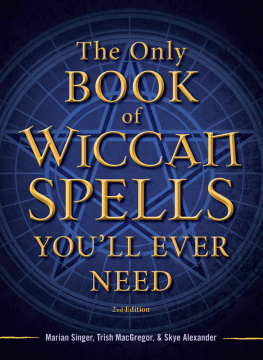
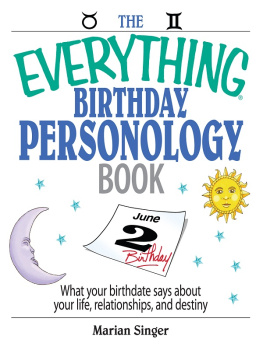
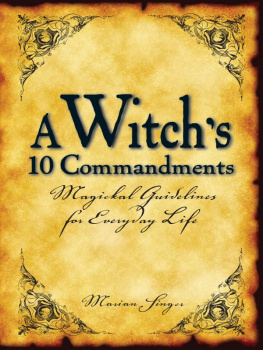
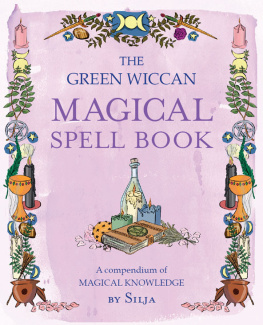
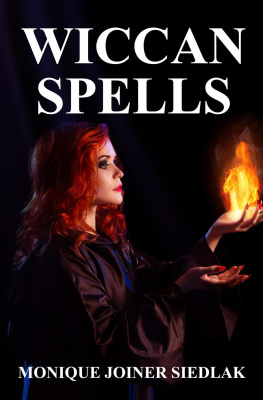
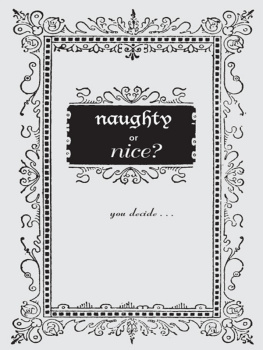
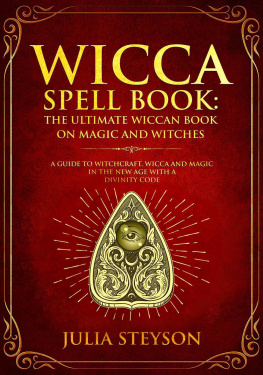


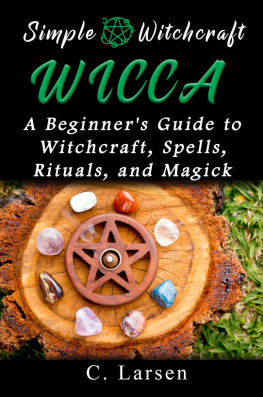
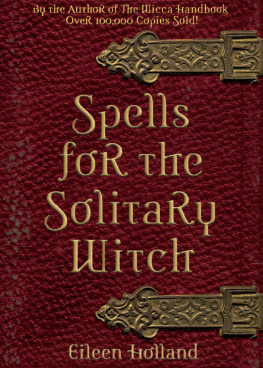
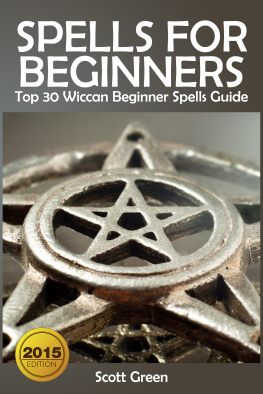
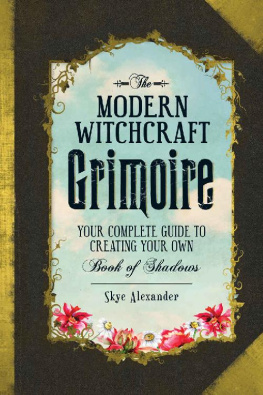




 Wiccan Wonderings: What, exactly, does Wicca mean?
Wiccan Wonderings: What, exactly, does Wicca mean?